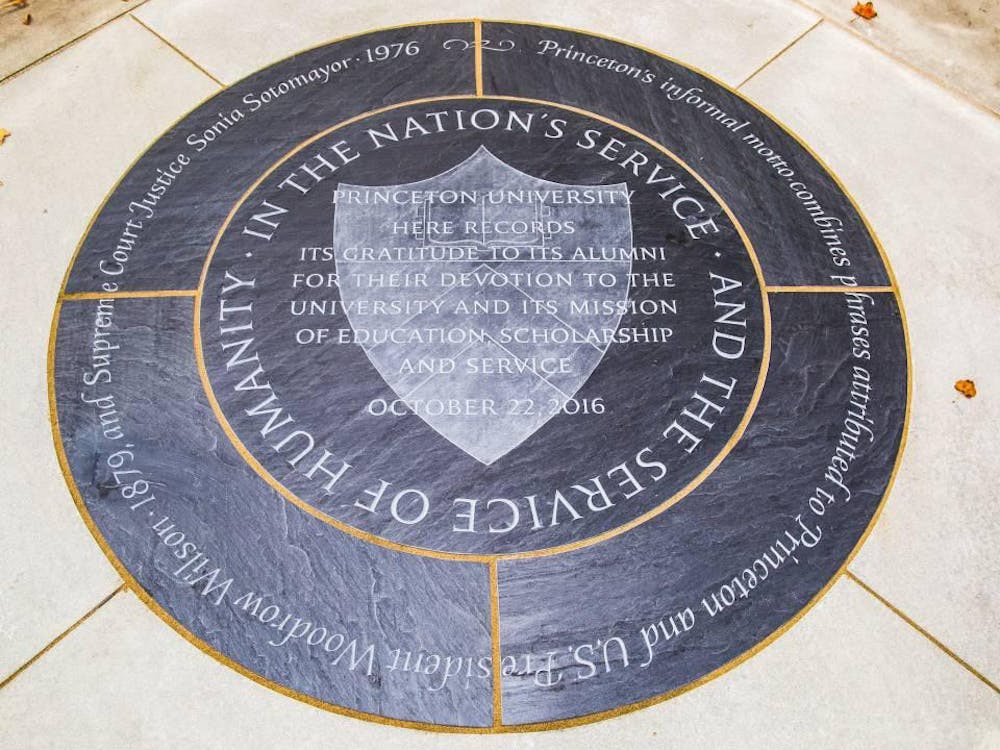This haphazardly developed, split-jurisdiction system is not the best way to protect academic integrity at Princeton. There is no fundamental difference between cheating on a take-home exam or lab report and cheating on an in-class exam. And virtually all of our peer institutions direct every academic infraction to a single disciplinary body. If the Honor Code is meant to be the basis of a student-driven, communal understanding of academic integrity, all cheating on academic work should be handled by a single body composed primarily of students.
The enforceable power of the Honor Code is largely obsolete in our current system. The COD hears many more cases per year than the Honor Committee, and a substantial amount of academic activity at Princeton - all out-of-class work - now falls outside its jurisdiction. There is confusion among students as to how cases are handled differently between the committees, and there is no clear reason that punishments for similar violations should be decided by separate bodies.
Therefore, a new body should be created that deals with all academic violations at Princeton. Its mandate should be to enforce an Honor Code written on all academic work and investigate violations of that code. It should comprise primarily students. Many argue that the expertise of professors is required to understand the violations that occur in their classes, and they are correct. The committee could comprise 12 voting students and six voting professors, giving faculty members a significant role without drowning out students' voice in the process. This structure would also ensure that academic integrity at Princeton remains a matter of understanding and contract between students and faculty, thereby preserving the symbolic value of the Honor Code.
The 14-member COD could then focus exclusively on issues that impact the safety and wellbeing of the campus community - behavioral and non-academic offenses - rather than dealing with issues of intellectual integrity.
A strict divide between responses to academic and non-academic offenses would both clarify the disciplinary process and strengthen the Honor Code by expanding its jurisdiction. It would return control of Princeton's academic standards to its students, whose role is now largely marginalized, while adding important faculty involvement. All academic violations represent similar breaches of contract within the University's intellectual community and should all be evaluated in the same way. This would be no small change from our current disciplinary system. But this system would be much closer to the one jointly envisioned by students and faculty 116 years ago.







